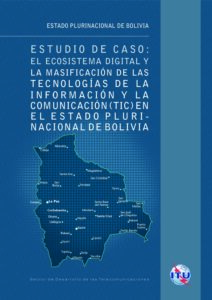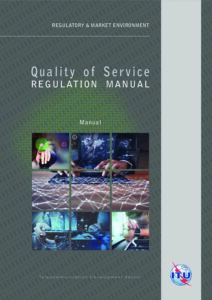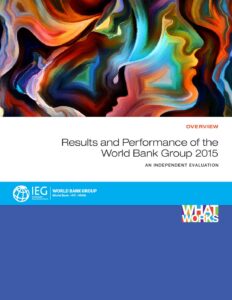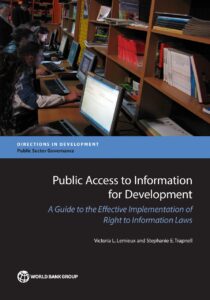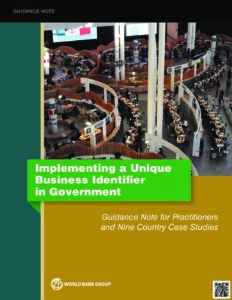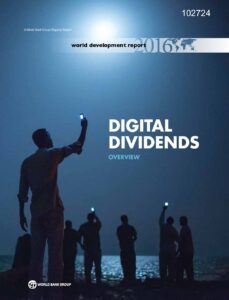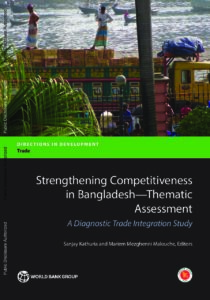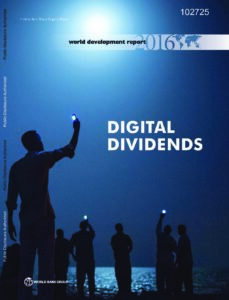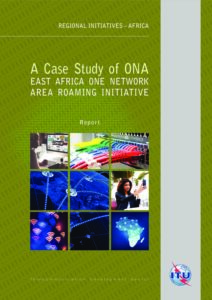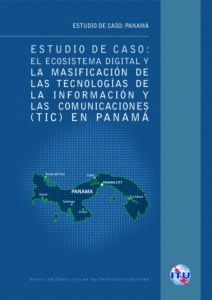
Estudio de caso: El ecosistema digital y la masificación de las Tecnologías de la Información y las Comunicaciones (TIC) en Panamá
Published in 2017La Unión Internacional de Telecomunicaciones, a través de la Oficina de Desarrollo de las Telecomunicaciones (BDT), ha realizado estudios de caso en diferentes países con el propósito de generar insumos y recomendaciones a los respectivos Gobiernos para la promoción del ecosistema digital y las masificación de las TIC en los mismos, a partir de mejores prácticas, tendencias y experiencias internacionales, siendo el presente estudio de caso el cuarto que se desarrolla en la región luego de los efectuados anteriormente para República Dominicana, Paraguay y Bolivia. Table of contents Prólogo 1 Introducción 2 Metodología 3 La importancia de la masificación de…
Read »